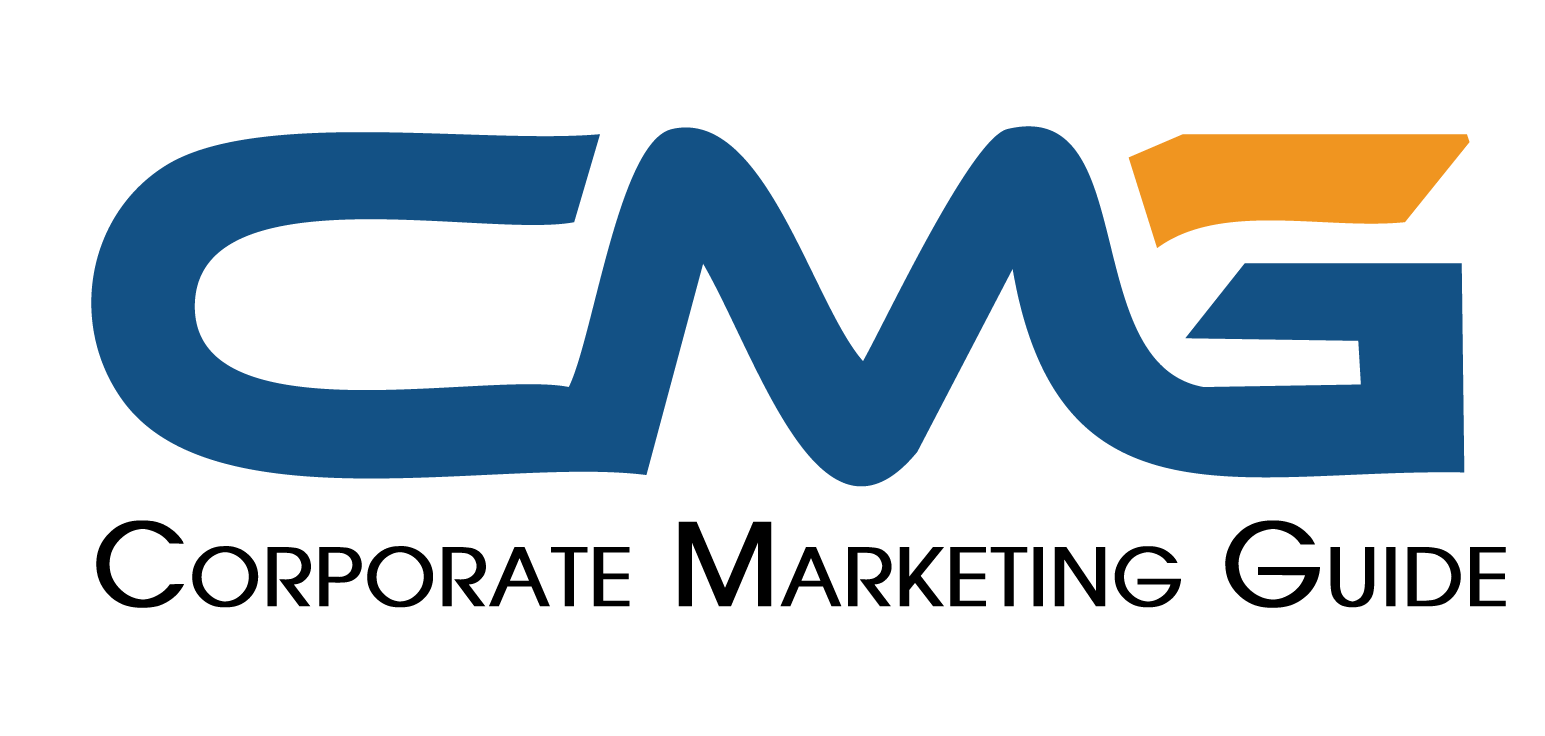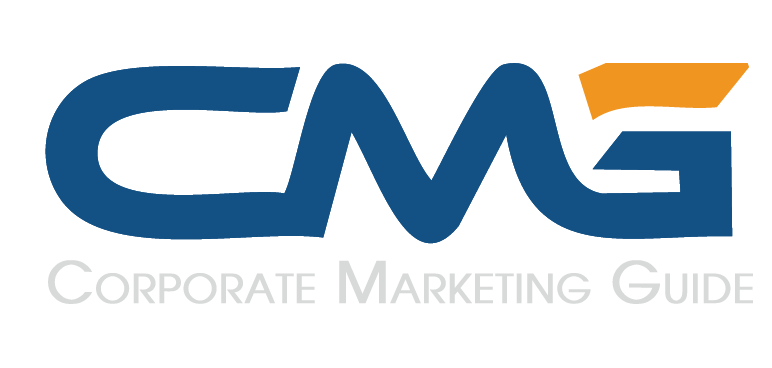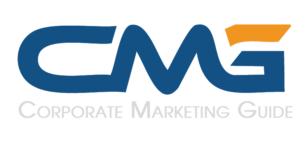Why Local Matters
Insurance is a trust-based business—and trust often starts locally. When people look for insurance providers, they’re not just searching for the best price. They want someone nearby, someone who understands their community, and someone they can easily reach. That’s where local SEO comes into play.
Local SEO is all about improving your visibility in searches that are geographically relevant. It ensures your agency shows up when someone types in “home insurance near me” or “auto insurance [your city].” For independent and regional agencies, it’s one of the most cost-effective ways to compete with national brands.
Claim and Optimize Your Google Business Profile
If your agency doesn’t already have a Google Business Profile (formerly Google My Business), that’s the first thing to fix. This free listing appears in local search results and Google Maps and includes your contact info, reviews, hours, and website link.
But just claiming the profile isn’t enough. To stand out, you’ll want to:
- Use the exact name of your business (avoid keyword stuffing)
- Select accurate categories (like “Insurance Agency”)
- Add high-quality photos of your office and team
- Keep hours updated, especially during holidays
- Respond to reviews—both good and bad
Your profile is often the first impression a client has of your business. A complete, well-maintained listing builds credibility and makes it easier for people to contact you.
Get Consistent with Your NAP Details
NAP stands for Name, Address, and Phone number. These details need to be consistent everywhere your business appears online—from your website to directories like Yelp, Yellow Pages, and industry-specific platforms.
Search engines cross-check this information to verify legitimacy. Inconsistent listings can hurt your local rankings, confuse clients, and undermine trust.
Take some time to audit your listings and update anything that’s out of date or incorrect. If you’ve moved or changed phone numbers, make sure every corner of the internet reflects the update.
Create Location-Specific Pages on Your Website
If your agency serves multiple towns or regions, don’t rely on a generic “Contact Us” page to do all the work. Instead, create individual landing pages for each service area. These pages should include:
- The name of the location in the headline and body
- Details about the services you offer in that area
- Local testimonials or success stories
- A clear call to action (like requesting a quote or booking a meeting)
This helps your website rank for specific local searches and also makes it easier for prospects to find the most relevant information.
Ask for Reviews—and Make It Easy
Online reviews are one of the strongest signals for local search rankings. They also play a big role in a client’s decision-making process. Most people won’t even contact a business with no reviews—or only negative ones.
The key is to ask consistently and make it simple. After a policy is signed or a claim is resolved, follow up with a short message asking the client to leave a review on Google. Include a direct link and clear instructions.
Train your team to see reviews as part of the client experience—not a separate task. And when you do get a review, respond to it. Thank the client or address concerns respectfully. It shows that you’re engaged and listening.
Use Local Keywords in Your Content
If you have a blog or FAQ section on your website, start weaving in local terms naturally. For instance, instead of writing “Tips for Choosing Life Insurance,” try “Tips for Choosing Life Insurance in Brisbane” (or wherever you’re based).
These content pieces don’t need to be complicated. Write about local events, changes in state-level insurance regulations, or how natural disaster risks differ across suburbs. Not only does this help with SEO—it shows that your agency understands local concerns better than a national competitor.
Connect Local SEO with Broader Operations
Local SEO shouldn’t be a siloed tactic. It should work alongside other elements of your business—especially when it comes to operations and lead management.
Strong visibility leads to more inquiries. To make the most of that visibility, you need a clear process for handling new leads and tracking their journey. This is where the management of insurance agency operations becomes important. From assigning leads to the right agents to following up with personalized communication, having the right structure in place ensures no opportunity is missed.
Conclusion: Think Global, Act Local
Insurance agencies don’t need to outspend the competition to win new clients—they just need to be found. And for most people searching for coverage, that search starts close to home.
Local SEO gives insurance agencies a powerful way to connect with their communities and stand out where it matters most. By showing up in the right places, saying the right things, and making it easy for prospects to engage, agencies can turn clicks into calls—and calls into clients.
With a little consistency and a focus on the details, local SEO becomes more than a marketing tactic. It becomes a long-term strategy for sustainable growth.



